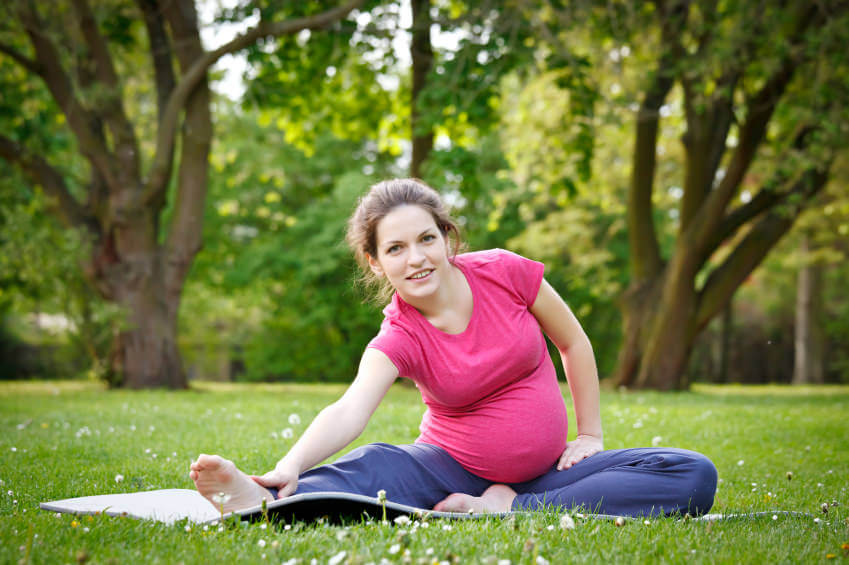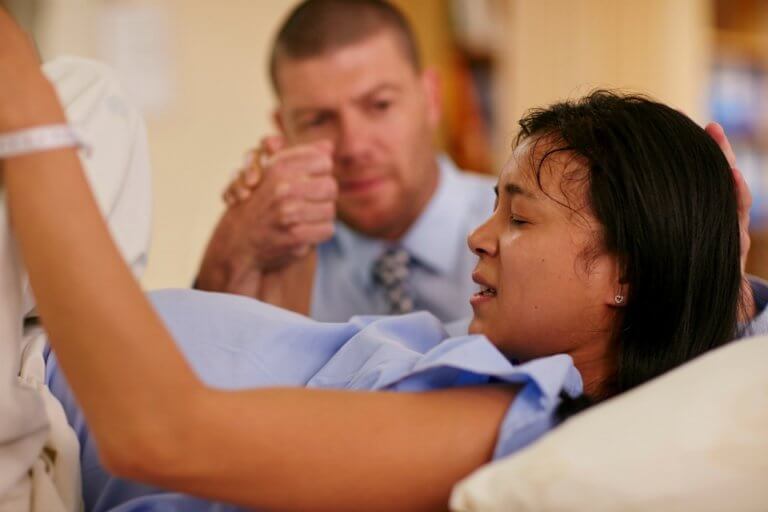HALF of British women are overweight BEFORE they become pregnant
Women are being urged by medical experts to get in shape before they try to conceive.
New data has revealed that more than HALF of pregnant women are overweight or obese before they become pregnant.
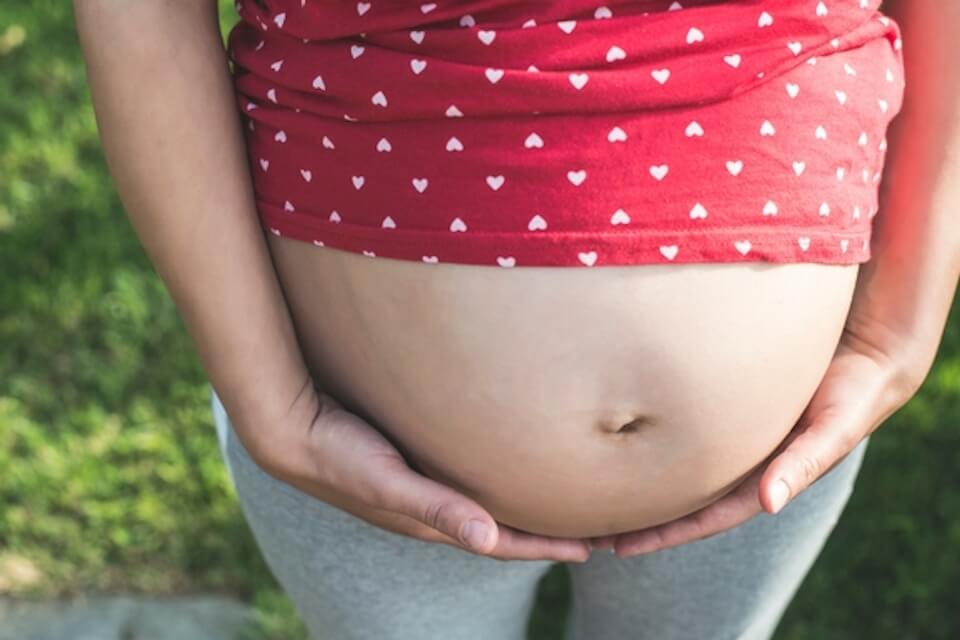
New data finds half of women are overweight before conception
The new report – by the National Maternity and Perinatal Audit – looked at over 700,00 women using NHS maternity services between April 2016 and March 2017.
Alarmingly, it showed that 50.4 % were overweight (310,000) or obese (20,000) at their first midwife appointment.
The NHS states that carrying extra weight heightens the risk of miscarriage, stillbirth and other complications such as spina bifida.
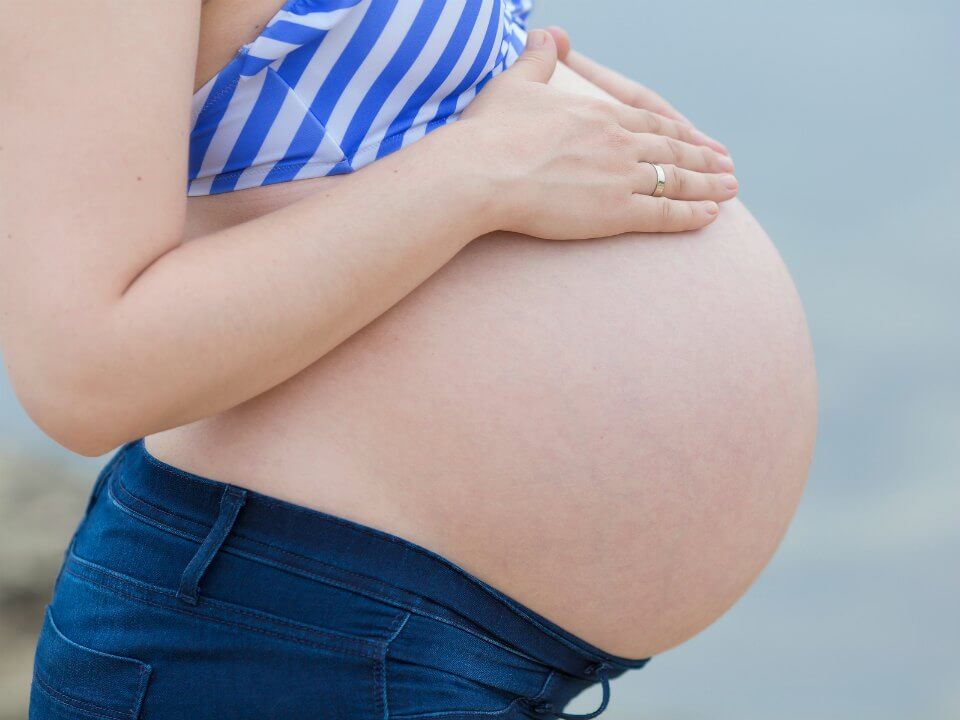
Having a BMI of over 30 also triples the risk of gestational diabetes, high blood pressure and pre-eclampsia.
And that’s not all – overweight pregnant women are more likely to suffer with blood clots, postpartum haemorrhages or need assistance during labour like an emergency C-section.
In the UK, more than a half of all women of reproductive age and almost a third of pregnant women are overweight or obese.
Being overweight can also cause problems for your unborn baby

Professor Russell Viner, president of the Royal College of Paediatrics and Child Health (RCPCH), said: “For the first time, over half of women are being recorded as overweight or obese during pregnancy.
“Every parent wants to give their baby the best start in life, however this raises several red flags for both women’s and children’s health.”
Professor Viner revealed that being overweight during pregnancy also has consequences for babies.
“Meanwhile, babies born to overweight parents are much more likely to become overweight children and are more likely to suffer from life-long conditions such as Type 2 diabetes,” he added.
“Women must be supported before conception, during pregnancy and after birth to ensure the healthiest possible outcome for both themselves and their child.
“With the right support, it is possible to stop this dangerous cycle from being repeated.”
Healthy Mummy fitness expert answers your pregnancy exercise questions
Pregnancy Q&A session with fitness expert Nikki Boswell
Q: What are some good stretch ideas to do when pregnant to help with common aches and pains like hip pain, swollen ankles and legs etc?
A: There are so many wonderful stretches out there to help with aches and pains. I like to start at the feet and legs and work all the way up to the neck.
Try some hamstring stretches (simply reaching your toes is a good one) to help with back pain and pressing your palms towards the floor and tipping your head to the opposite side to release your neck.
Placing one foot onto the opposite knee (while sitting on the floor) is also a good way to release the glutes, hips and hamstrings (it’s one of my faves).
Q: Could you give us a recap on what are the key positions and movements to avoid and why during pregnancy?
A: Sure, the very quick version is to just keep doing what you are doing – that is, pregnancy is a time to maintain fitness and prepare for birth not time to achieve new fitness goals.
Avoid lying on your back after the first trimester, (including crunches) and avoid exercises that have the risk of physical injury such as high impact sports, be aware of your changing centre of gravity and work within its limits, listen to your body and rest when you need.
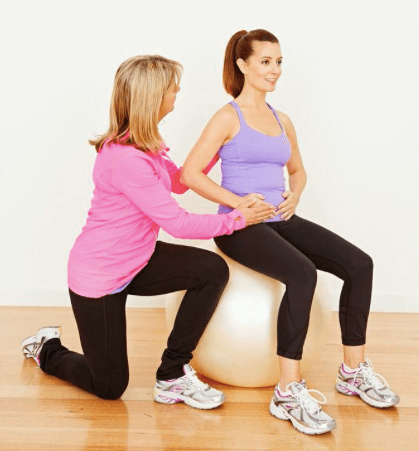
Q: I have been ill for the past two weeks and have done no exercise at all. Will be ok for me to get back to being so active after being ill?
A: You really just need to listen to your body. Without knowing your training history, pregnancy history etc I would simply say there is no need to rush, let your body get back to good health and just do some light exercise as you feel up to it.
Q: What are some steady workouts I can do to make labour a little smoother?
A: Without knowing exactly what your gym routine consists of the general recommendations are to keep your heart rate below 75% of your pre pregnancy max and keep your weights about 40 -60% if your 1RM and focus on higher reps (12 -15).
Yoga is such a great exercise of strength and toning too – it really allows you to modify for both pregnancy and your own abilities
Q: A few ladies over the last week or so have asked about exercise after a c-section when to start and what to start with etc?
A: After a c-section get your doctor’s approval. There are many variables with pregnancy and recovery that need to be accounted for. Speak to your medical team at your 6 week check up for advice.
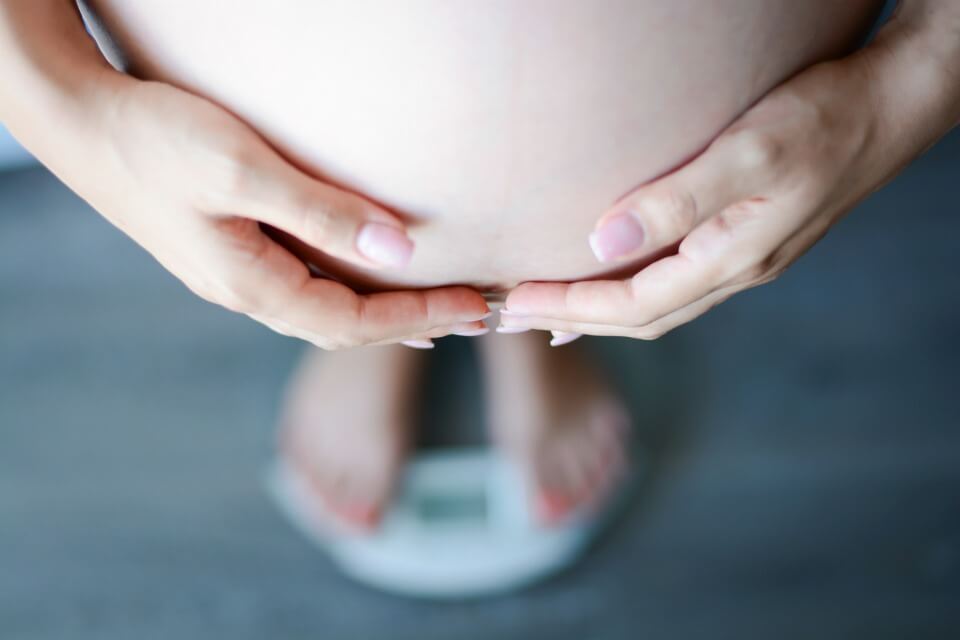
Q: I am fascinated by how much my heart rate rises with such small movements in the exercises I do during my Healthy Mummy yoga sessions.
A: I remember in the early stages of my first pregnancy being completely exhausted by things that I had previously done with so much ease!
It’s amazing and it’s largely to do with the changes in hormones and blood volume.
I have heard the analogy that being pregnant is physically equivalent to climbing a mountain.
Yoga is great as the gentle stretching and strengthening helps strengthen deep stabilising muscles and assists to move nutrients and waste around the body via the lymphatic system.
Q: If I’m finding it hard to fit exercise into every day but I’m pretty active e.g. I walk to the shops, do the housework, run around quite a bit – do these things count as exercise or only setting aside dedicated exercise time should be counted?
A: Those things definitely count as exercise (fortunately for us busy mums/mums-to-be). The pre-pregnancy recommendation of 150 mins moderate activity per week still stands during pregnancy.
Your body can’t tell the difference between setting aside 30 mins to walk around the block to increase your heart rate and vacuuming and sweeping for 30 mins at the same intensity.
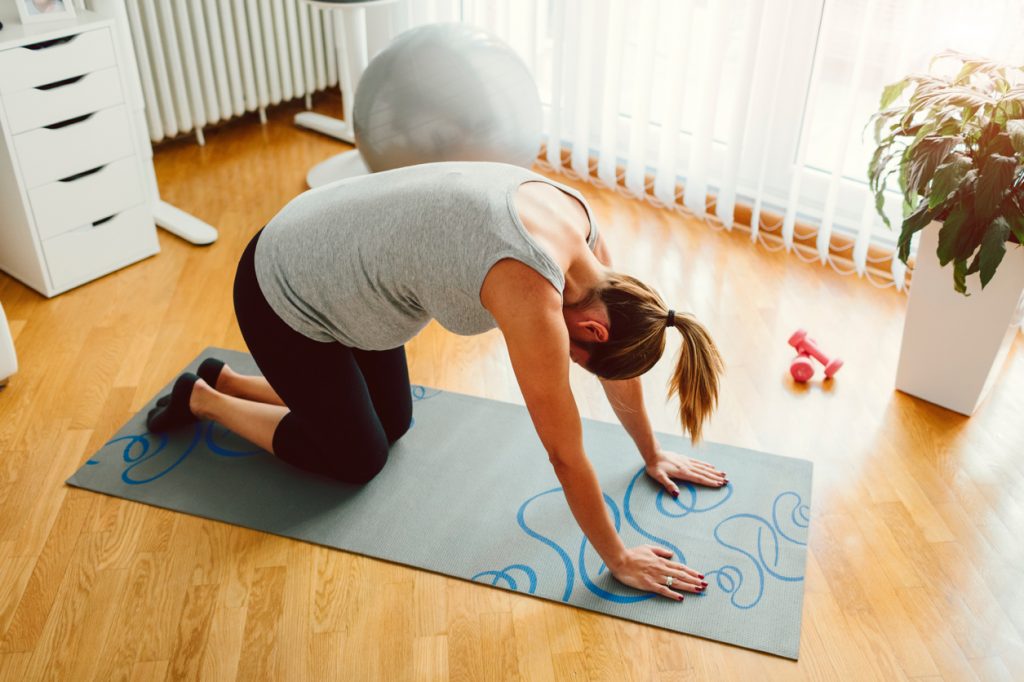
Q: What would be your top exercise for anyone who is keen to have a healthy pregnancy but previous to conception hasn’t been exercising?
A: My top exercise would be whatever they really enjoy (that is low impact and within their capabilities).
I really enjoy swimming – it ticks all the requirements to support a healthy pregnancy being low impact and the water adds extra support around a growing tummy and joints.
If swimming laps isn’t your cup of tea you could try water aerobics, aqua Zumba or just a gentle paddle or walk in the water to help relieve any aches and pains.
Are you ready to kick-start your weight loss?

Want to shift your baby weight but feel like you have NO TIME in your day to exercise and eat healthily? That’s where the Healthy Mummy’s 28 Day Weight Loss Challenge can help.
Our Challenge entails:
- 28 days of at home exercise routines (no gym needed) – with video instruction
- Customisable and breastfeeding friendly meal plans
- Time-efficient exercises for busy mums – under 30 mins
- Challenge combines Pilates exercises with interval and circuit training (HIIT)
- Suitable for basic to advanced fitness levels.
- Home to thousands of EASY-TO-MAKE recipes.
To find out more about joining the 28 Day Weight Loss Challenge for £1 click here.
PLUS – connect with THOUSANDS of other mums on the 28 Day Weight Loss Challenge by joining our free support community here.

